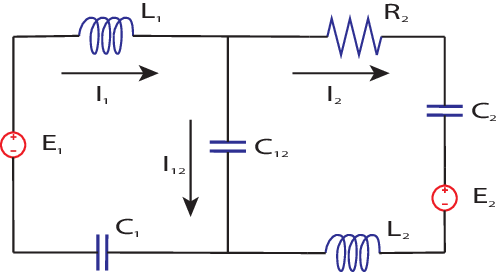Undergraduate Colloquium
Aaron Welters
Massachusetts Institute of Technology
An introduction to modeling dissipation in composite systems and their properties in a high-loss regime
October 3, 2013
5:10 pm Honors College Commons
| Abstract |
|
In this talk we will introduce a general mathematical framework for studying dissipation (i.e., energy loss) in composite systems. Based on linear response theory, the system will be modeled as the states of a linear evolution equation with a friction function. Examples of such physical systems are discussed and include, for instance, damped mechanical systems and electric networks. One reason composites are useful is they have the ability to inherit drastically altered properties compared to their components. Thus, we shall study whether this is true when it comes to losses. To do so, we consider a two-component system composed of a lossless and a highly lossy component. Then combining our framework with perturbation theory, we show how the dissipative properties of such a composite are affected when the losses become extremely large in the high-loss component.

|
www.math.uh.edu/colloquium/undergraduate